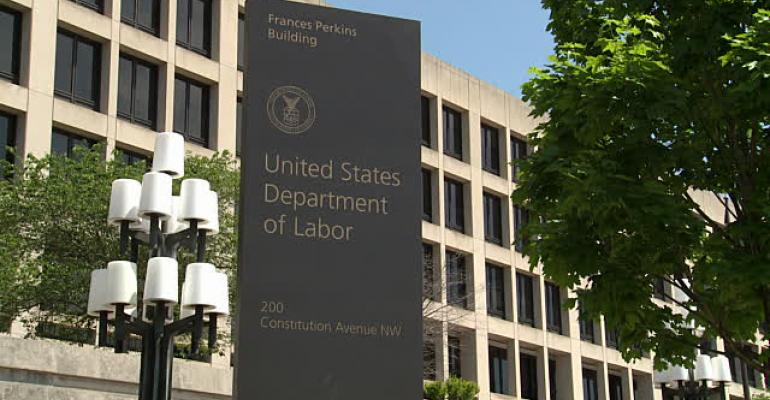
Envestnet is the latest firm to create tools to help advisors comply with the Department of Labor’s fiduciary rule, which takes effect next April. The firm’s tools include a best interest assessment, which is integrated client-permissioned account aggregation; product shelf development, which includes chief investment officer support and investment consulting services; account documents and disclosures; and enterprise business intelligence solutions, which is visibility into a firm’s investment products. Within account documents and disclosures, the firm provides best interest contract disclosures, investment product and program expense analysis, fee rationalization illustrations and new account documentation and retention. "These latest enhancements to our platform and service offering help advisors and enterprises spend more time servicing clients and delivering better outcomes, with the added peace of mind that they are in compliance with changing regulations,” said James Lumberg, executive vice president of Envestnet.

Bank of America Merrill Lynch revealed its robo advisor plans on Tuesday, teasing a new product it called Merrill Edge Guided Investing. The company said it is withholding comment until a public launch in 2017, but it did make public a new website that reveals some details. Like other robo advisors on the market, Guided Investing has investors complete an online questionnaire, then drops them into a portfolio of ETFs that fits their investment needs and risk tolerance, and includes a dashboard for investors to track their account. According to the website, the difference with Guided Investing is that it is rebalanced according to Merrill Lynch’s investment strategies. Guided Investing requires a $5,000 minimum investment and a 45 basis point annual fee that Merrill says is charged monthly in advance.

The chances of being the subject of an IRS audit rise with income levels, meaning that financial advisors need to be even more vigilant when working with their high net worth clients and making sure all of their paperwork is in order. According to Nevada, Mo.-based Hoffman Financial Resources, there are a number of ways to make sure your clients aren't the ones under scrutiny by the feds. Their advice: Make sure that income reports from payers—W2s from employers, 1099s from banks and brokerages—all match and are complete. That includes Social Security numbers of dependent children and ex-spouses. Math errors are another big red flag for the IRS, as are repetitive mistakes. And, contrary to popular belief, IRS audits aren't done with an IRS auditor showing up at a client's home and watching them go through shoeboxes of receipts. Instead, more than three-fourths (77 percent) were conducted via the mail, compared to 23 percent that involved in-person meetings.





